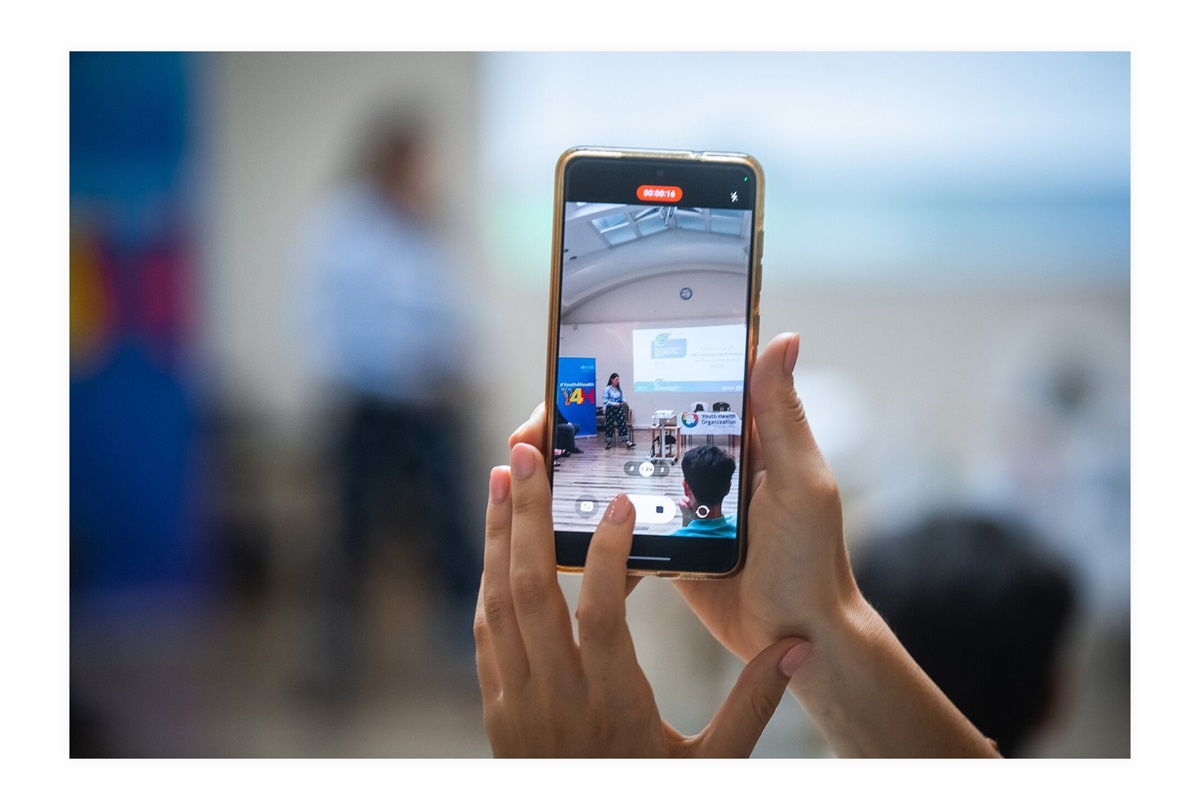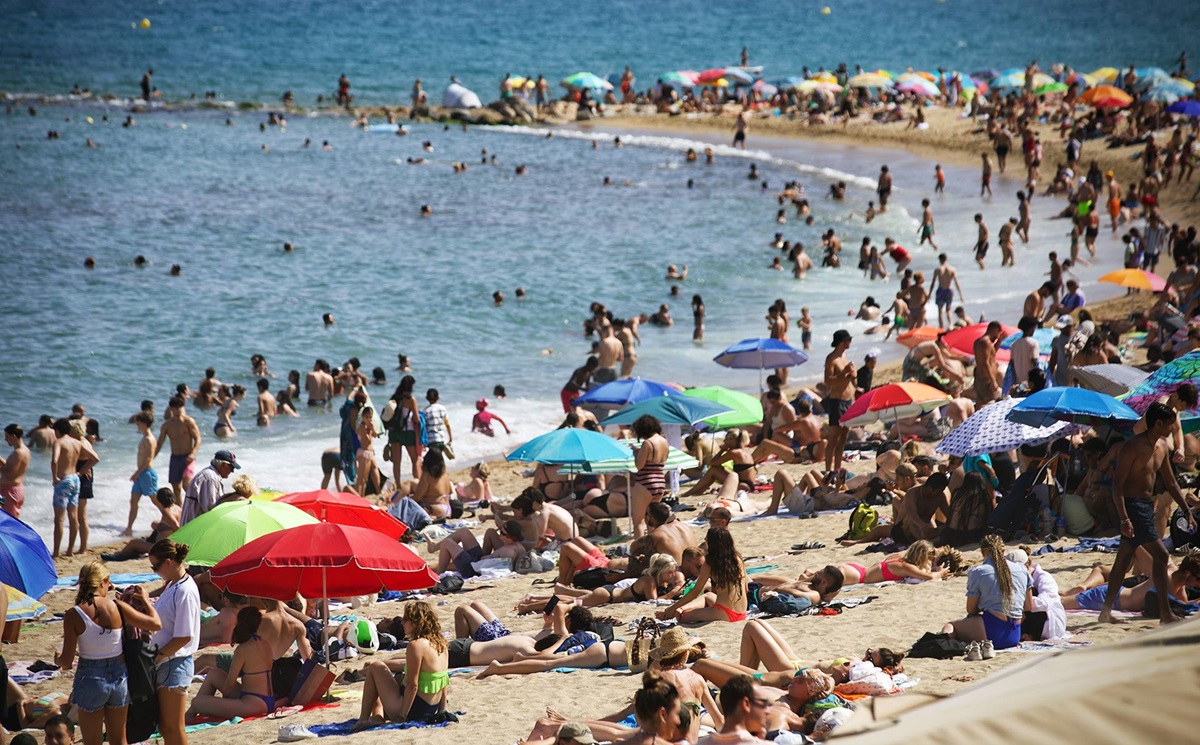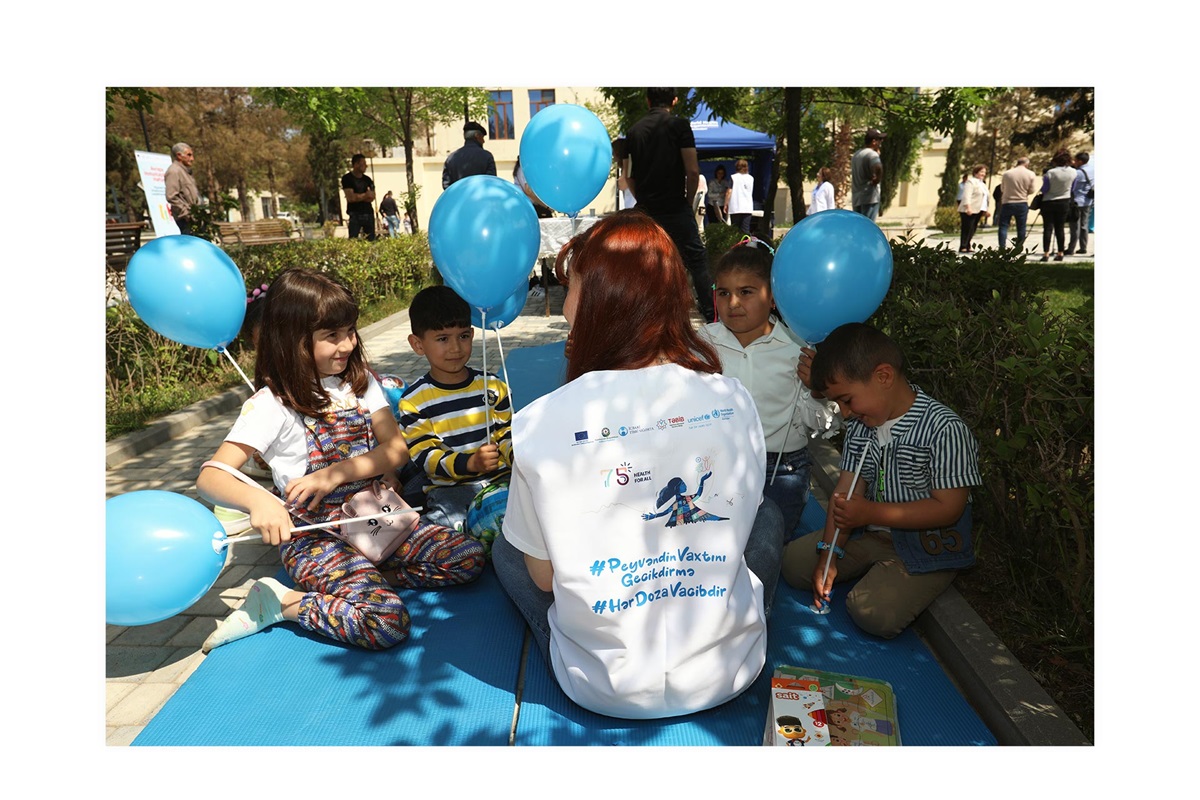No images? Click here
“This is a serious emergency and it’s not one we can ignore”: working in an emergency ward during the Sicilian heatwave and wildfires
14-08-2023
On 25 July 2023, staff at Cervello Hospital in Palermo, the capital of the Italian island of Sicily, watched anxiously as wildfires that had ravaged a nearby hilltop inched closer to them and their patients. While wildfires were being extinguished just metres from the clinic and pharmacy, staff at the hospital worked on. They were battling to manage the impact of 10 days of record-breaking heat. With more people suffering from serious hyperthermia (excessive heat) and dehydration, the hospital had to run 2 fully staffed shifts instead of 1. The condition of these patients could rapidly deteriorate, and many needed urgent medical attention to replace lost fluids and prevent serious outcomes. Despite health workers’ heroic efforts, during the heatwave the mortality rate in the emergency room rose by a third. Read full story
73rd session of the WHO Regional Committee for Europe
24–26 October 2023, Astana, Kazakhstan
In 2023, WHO marks its 75th anniversary, 45 years since the signing of the historic Alma-Ata Declaration on primary health care (PHC), and the mid-point of the European Programme of Work (EPW) 2020–2025 – “United Action for Better Health in Europe”. RC73 will therefore be an opportunity for delegates to reflect on the current state of health and well-being across the Region, take stock of progress in delivering the EPW, celebrate public health milestones over the past 75 years, and discuss what is needed to address current and future challenges.
CLIMATE CRISIS: EXTREME WEATHER
Statement – Without preparation the heat can be deadly
18-07-2023
As much of the WHO European Region suffers under sweltering heat, we need to remember that without preparation the heat can be deadly. We can take immediate steps to protect ourselves and our loved ones, even as longer-term measures are urgently needed for our Region and our world. New estimates recently released by the scientific journal Nature found that last year alone, more than 60,000 people in Europe died because of extreme heat – three times more than earlier estimated - and as our planet continues to warm, this number is set to rise year on year. As we adapt to this new normal, with its devastating effects on health and well-being, it’s vital we are all armed with knowledge that could help save lives.
“It’s not easy to live in this situation” – extreme heat in Italy hits the elderly hard
28-07-2023
MPOX (MONKEYPOX) OUTBREAK
Mpox Q&A: What you need to know about mpox
COVID-19
Learning to fight health infodemics: future doctors train in the Republic of Moldova
31-07-2023
Kyrgyzstan hosts second round of Joint External Evaluation Mission
21-07-2023
Publications and technical guidance
Publications, country and technical guidance for the COVID-19 outbreak
TÜRKIYE AND SYRIA EARTHQUAKES
Türkiye earthquakes: six months of resilient response and support
01-08-2023

11-08-2023
Public health campaigns can be dry and hard to understand. Covering complex issues and evidence, and packaging it for a broad audience, they must often strike a near impossible balance of being catchy and informative at the same time. As in so many other cases, young people lead the way forward. Many youth organizations use their social media channels to inform their peers about health topics, often developing innovative ideas. Using podcasts, social media challenges or short videos, they make public health issues accessible and often fun.
International Youth Day is marked every year on 12 August to raise the profile of youth issues and celebrate young people’s contributions to societies. This year, WHO/Europe highlights youth-led public health campaigns, such as the above examples, showcasing creative, innovative ways of communicating to young people for better health for all. In doing so, WHO/Europe joins the United Nations Office of the Secretary-General’s Envoy on Youth in their #YouthLead campaign, which celebrates young people’s resilience, resourcefulness and leadership when it comes to creating a better world for all.
Briefing for ambassadors on upcoming international WHO events in Kazakhstan
10-08-2023
Meet Lisandro: a migrant, volunteer, influencer, mpox survivor and person living with HIV
07-08-2023
World Hepatitis Day: reducing the risk of liver cancer
28-07-2023
Digital tools positively impact health workers’ performance, new WHO study shows
27-07-2023
European Region achieves high routine immunization coverage, but falls short of pre-pandemic levels
19-07-2023

24-07-2023
Most of us rarely, if ever, think about drowning as a public health hazard with significant impact. But the recent capsizing of the Adriana in the waters between Greece and Italy, a tiny fishing vessel crammed with hundreds of people seeking a new life in Europe, has changed that. In that one single catastrophe more than 600 people, huddled in desperation, drowned together; most bodies will never be recovered. Far more commonly though, men, women and children drown silently and alone across a range of situations: jumping unsupervised into an unfenced backyard swimming pool, for example; or caught in a beach rip current that swimming skills alone can’t free them from; sailing or paddleboarding without the protection of a life jacket; falling into water while walking home alone. The variations are endless. 25 July is the World Drowning Prevention Day, a day declared by the United Nations General Assembly with a singular focus on preventing drownings from occurring in the first place.

15-08-2023
“Due to the frequent illnesses my children experience, I had doubts about vaccinating them. But today, the doctor put my mind at ease, assuring me that this should not prevent them from getting vaccinated,” says Afsana Aliyeva, a parent who attended one of the outreach activities in Azerbaijan during European Immunization Week. Until April this year, her 2-year-old daughter had never received a vaccine.
Luxembourg adopts new National Health Plan based on
a vision for a well-being economy
11-08-2023
Norway’s ongoing journey to optimize breastfeeding support
03-08-2023
WHO and EU launch Health Literacy Corner to improve health education in Armenia
01-08-2023
Encouraging breastfeeding and work-life balance for parents in Estonia: flexibility is key
01-08-2023
The Netherlands at the forefront of tobacco control
31-07-2023
No place for cheap alcohol: Scotland’s minimum unit pricing policy is protecting lives
26-07-2023
Kyrgyzstan takes comprehensive action to prepare for potential polio outbreaks
20-07-2023

EVENTS
Eliminating mpox: Placing affected populations at the heart of our response
17 May – 30 September 2023
12th HEPA Europe conference: “Implementing health-enhancing physical activity research: from science to policy and practice”
11 – 13 September 2023, Leuven, Belgium
Second WHO Symposium on the Future of Digital Health Systems in the European Region
5 – 6 September 2023 Porto, Portugal
Webinar: Alcohol cultures and stigma
4 September 2023, (online)








